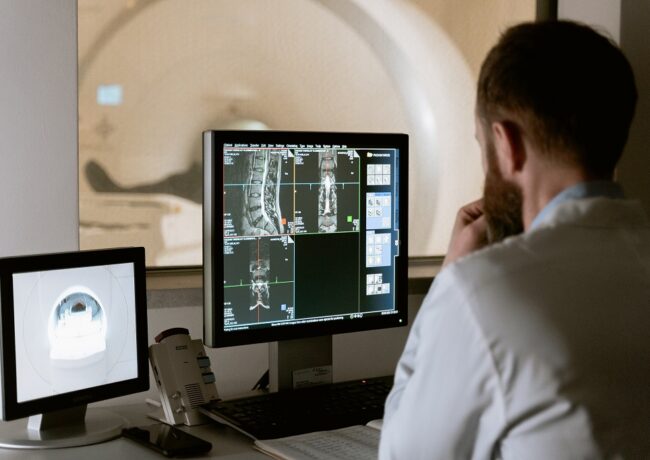£400m nuclear medicine lab planned for Gwynedd
Known as Project ARTHUR, the proposed medical radioisotope production facility would be situated at Trawsfynydd.
The Welsh government is behind Project ARTHUR, which stands for Advanced Radioisotope Technology for Health Utility Reactor. The project is in its early stages, with funding having just been approved for a technical feasibility study and the development of an outline business plan.
Project ARTHUR would be a public sector lab with its own nuclear reactor that is capable of creating medical radioisotopes. These radioactive materials are used in the diagnosis and treatment of cancer.
Many of the facilities that create these nuclear medicines are shutting down, according to Wales. The government says that by 2030 the UK could be without these medicines or forced to ration them due to short supply.
In addition to providing a stable supply of medical radioisotopes, Project ARTHUR would create skilled jobs in North Wales, build up local supply chains, and support the local economy, according to Wales.
As part of Wales’ vision for Project ARTHUR, a technology campus would be created in North Wales, similar to the STFC nuclear physics laboratory at Daresbury in Cheshire.
Project ARTHUR is the result of teamwork between the Welsh government’s Department of Health and Social Services and the Department of Economy.
Welsh economy minister Vaughan Gething described Project ARTHUR as bringing “together a critical mass of nuclear science research, development, and innovation”.
With an estimated price tag of £400m, Gething also said that Project ARTHUR would need financial support from the UK government if it was to become reality.
“The scale of investment needed to bring Project ARTHUR to life is considerable,” he said.
“I am calling on the UK government to co-operate in supporting our efforts, since this development benefits and supports future cancer diagnostics and treatment right across the UK,” he continued.
“Now is the time for decisive action and commitment. The implications of not acting will be counted in human lives and in long-term economic pressure on health services, through unsustainable health treatments.”





The UK needs this facility urgently, at £400m this would be good value
By Francis Brown